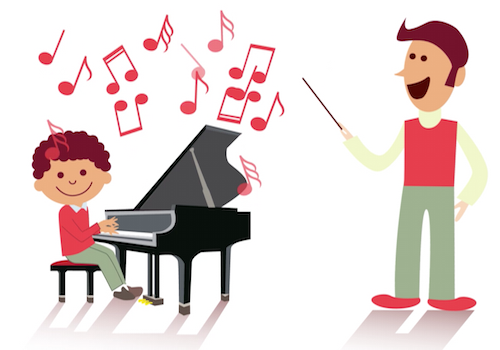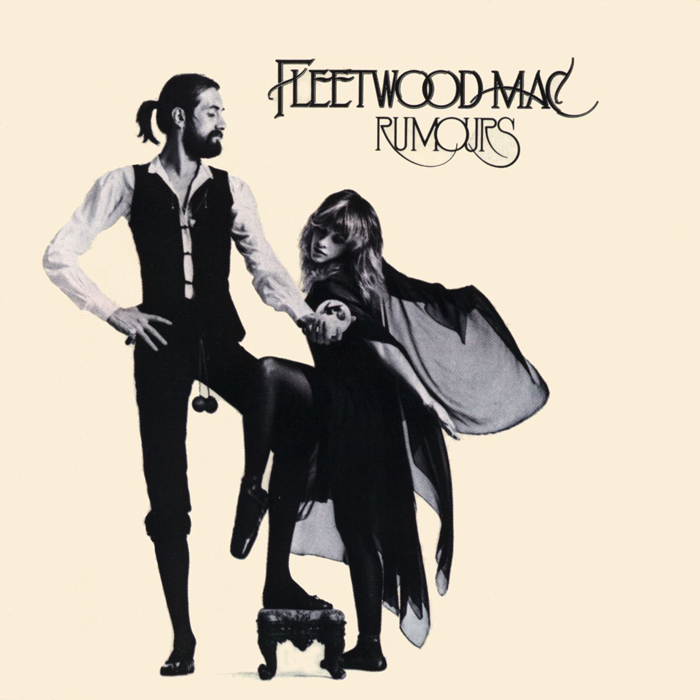I’d picked at playing music a few times over the course of my life. I suppose if I had an extraordinary talent at it, it would have stuck. But, if anything, I am persistent. And I’d always wanted to play music, even if I’d never had the “opportunity.” I’d only had a couple weeks of Recorder while in Junior High and a couple weeks of choir, nothing else. I’d taken some extracurricular classes, but age and focus and bullying caused me to set it aside, then I got busy with college, then work, then laziness, I suppose. Time passed. A lot of time passed. I appreciated music, but I never pursued it.
Then the time came that I decided I was going to learn to play an instrument, come hell or high water, but which one? I’d always liked guitar. I’d picked it up off and on over the years. But I discovered that teaching oneself to read music while learning to play was a daunting task, at best. So, lessons. But where would I take lessons? I saw an advertisement on Facebook about the Timmins Symphony’s music school. Music is good for the mind and the memory, it said. My memory was troublesome at times, now. I’d always found myself in a room wondering why I was there, but more recently, I found myself groping for words, forgetting names of celebrities and musicians and bands with regularity. It was troublesome. It was troubling. I put one and two together and decided that maybe learning to play music was at least part of a solution.
But the Symphony Music School did not teach guitar. So, I had to choose one of the instruments that they did teach. French horn? Tuba? No interest. I’d never been much of a classic music fan, so those options available to me were a little foreign to me. Violin? Not me. I began to read about classical instruments and listen to sound bites of what they sounded like, just to see if anything stirred my soul. Some fell flat, some looked heavy, unwieldy, uncomfortable. My sister had taken piano lessons, but piano was frightening, what with each hand doing independent things, the eyes having to follow two staffs of notes, each wildly different from the other. I may not have been a classical music aficionado, but I did like jazz. Surprised? Don’t be. I’d been watching classic B&W movies all my life and jazz abounded within, especially in movie soundtracks and musicals of the period. I was well versed with Crosby, Sinatra, Dino, Ella Fitzgerald and Rosemary Clooney, and the like. And I’d watched countless episodes of Lawrence Welk on Sundays. Don’t judge; we only had two channels and we watched what my parents wanted to watch. So, I knew what Big Band and jazz sounded like. I liked Louis Armstrong and he played trumpet. I liked Arty Shaw and Benny Goodman and Pete Fountain and the opening sequence of “Rhapsody in Blue” never failed to thrill me. And my sister had taken clarinet while in Junior High. I couldn’t choose, so I bought a student model of each along with very basic self-instruction books and set about teaching myself what I could in preparation of the beginning of the music school year.
Making a proper and appealing sound with the clarinet was difficult. It squeaked. It squawked. It sometimes made no sound at all, my breath stopped cold and backed up and almost blowing the top of my head off. The trumpet was even harder. The best I could produce was a warble, as far from what I thought a trumpet should sound like as can be. Then again, I was trying to be relatively quiet, too; no need to annoy the entire neighbourhood. I developed an even greater respect for Louis Armstrong than I had before. Indeed, all musicians.
Humans are like water. They find the easiest path. I was no different. I focused on clarinet. I began to develop a little finger memory. My tone improved a little, too. I suppose I still sounded like shit and probably no better than a toddler taking his first lessons, but I gave myself license to suck for a while. That may sound obvious, but that doesn’t come naturally to me; I demand perfection from myself, regardless how impossible that may be until perfection is a target that’s actually attainable, and am always impatient and frustrated when said perfection doesn’t surface quickly.
Registration day arrived. I drove up to the old Hollinger administration building where the TSO was renting rooms, climbed the flight of stairs to the entrance and followed the signs indicating where registration was being held.
There was no one my age there, not counting the TSO volunteers manning the tables, taking names. Even the parents were younger. There were quite a few children, and everyone seemed to know one another, as though they’d been returning there for years. I felt awkward. Did middle-age people take lessons? They must; why else would the TSO advertise in the Press and online, targeting middle- and older-aged people? Or was I the first?
I approached a table. Waited my turn. That seemed to take forever as TSO
members and the parents chatted and laughed and didn’t seem in any hurry to
complete their business and be on their way.
“Excuse me?” I said, pressing into the table.
“Yes? Would you like to register your child for lessons?” the woman asked.
“No,” I said, “I’d like to enroll. Me. Myself. Can I do that?”
Her composure seemed to shift. She perked up. “Of course, you can,” she said.
“What would you like to learn?”
“Clarinet.”
“Oh, that’s lovely,” she said, as though not many people chose clarinet as
their weapon of choice. I discovered in time that woodwinds and brass had
always been in high demand at the Symphony and that my choice raised their
expectation that I might fill one of those not particularly sought-after slots.
She handed me a registration form and a sheet of rules I would be agreeing to.
I signed on the dotted line and wrote a check for the first ten lessons. I’d be
billed later for the second semester, they said. Dates were not mentioned.
“When do lessons begin?” I asked.
First week of September, she said.
“I can’t do the first two weeks of September”, I said, “I’m on vacation. Can I get a deferment, or make up the lessons?” I asked. I didn’t think they would. The agreement I’d just signed clearly noted that absentee lessons would not be made up.
“Sure,” she said.
They may have been desperate indeed to get new clarinet players to ignore their own rules even as I signed on the dotted line.
Indeed, no sooner had I begun my lessons did the Concert Master ask me, “Clarinet?” when she heard what I was studying. “Do you want a job?” Everyone assumes that someone in their forties must have been engaged in whatever they were doing for years, decades in fact.
I’d only had a couple formal lessons by then, so I said, “I think that may be
premature.”














